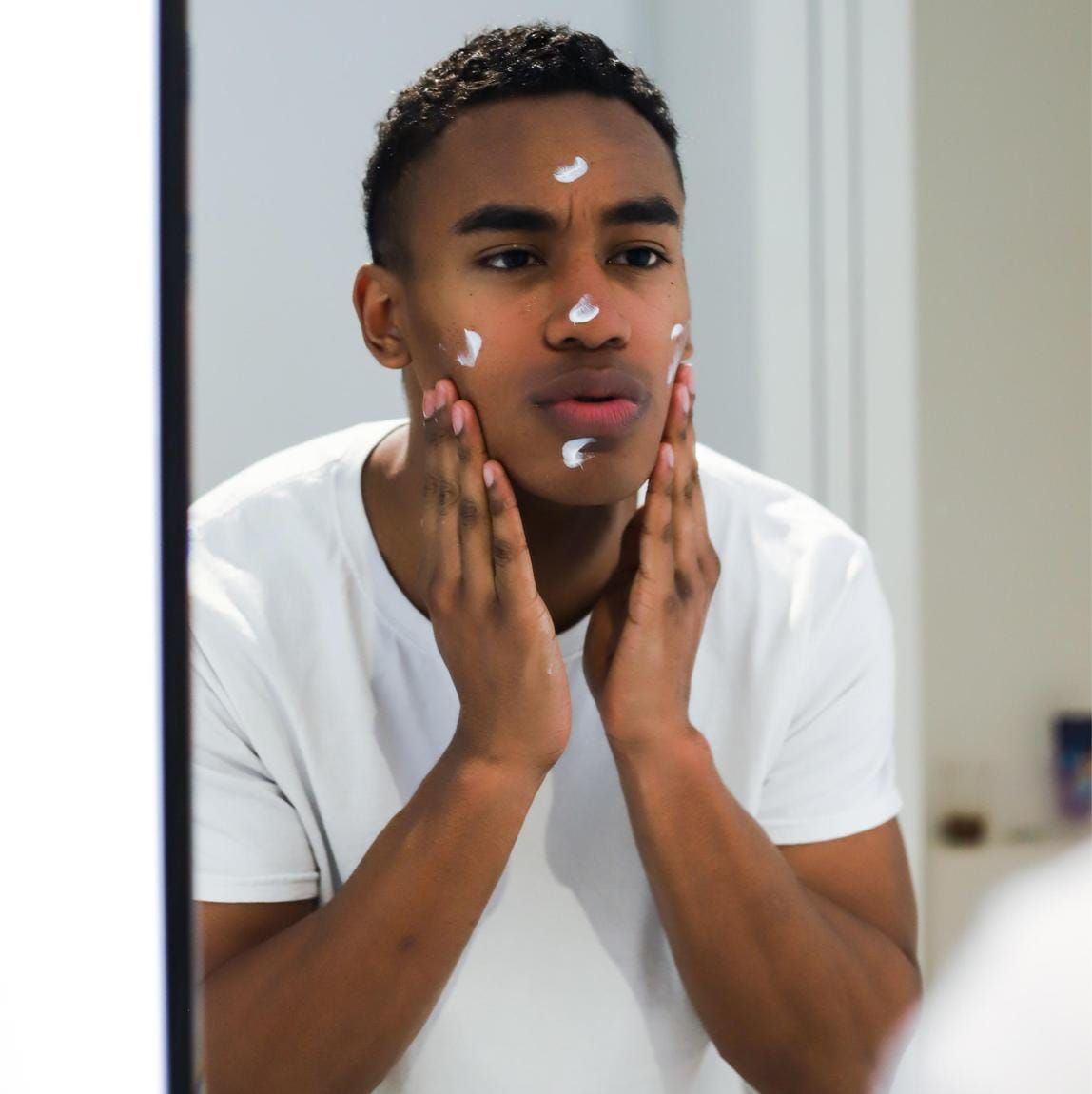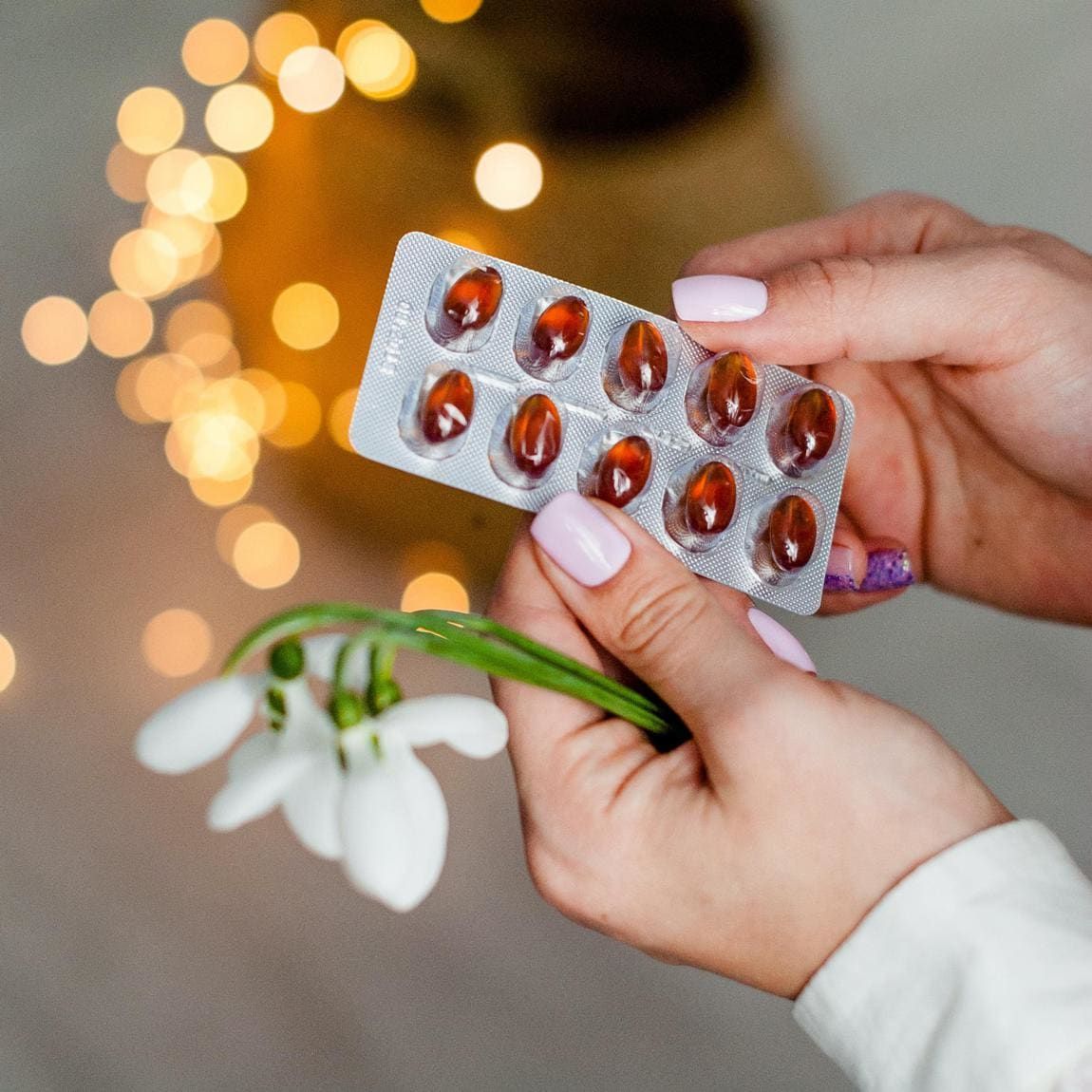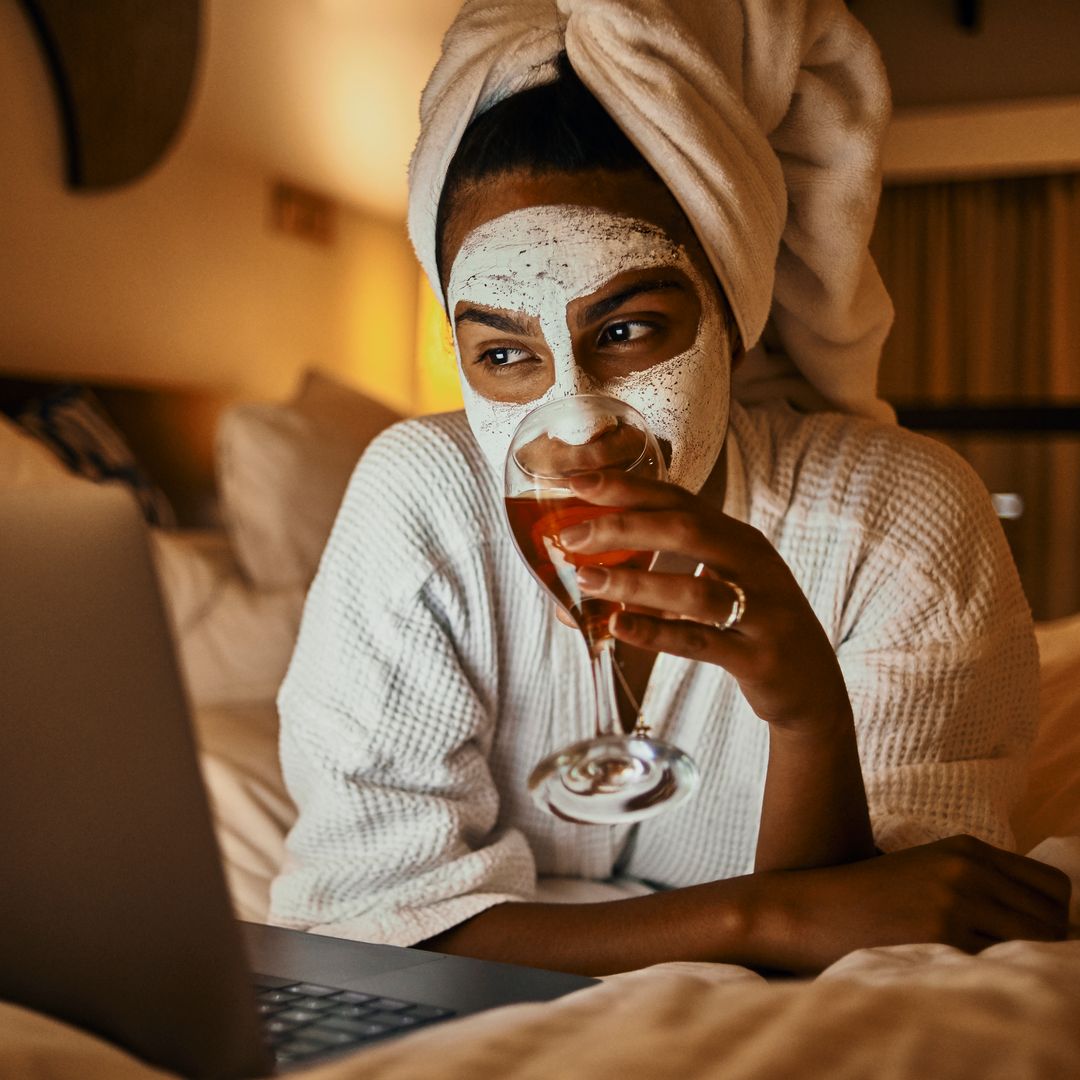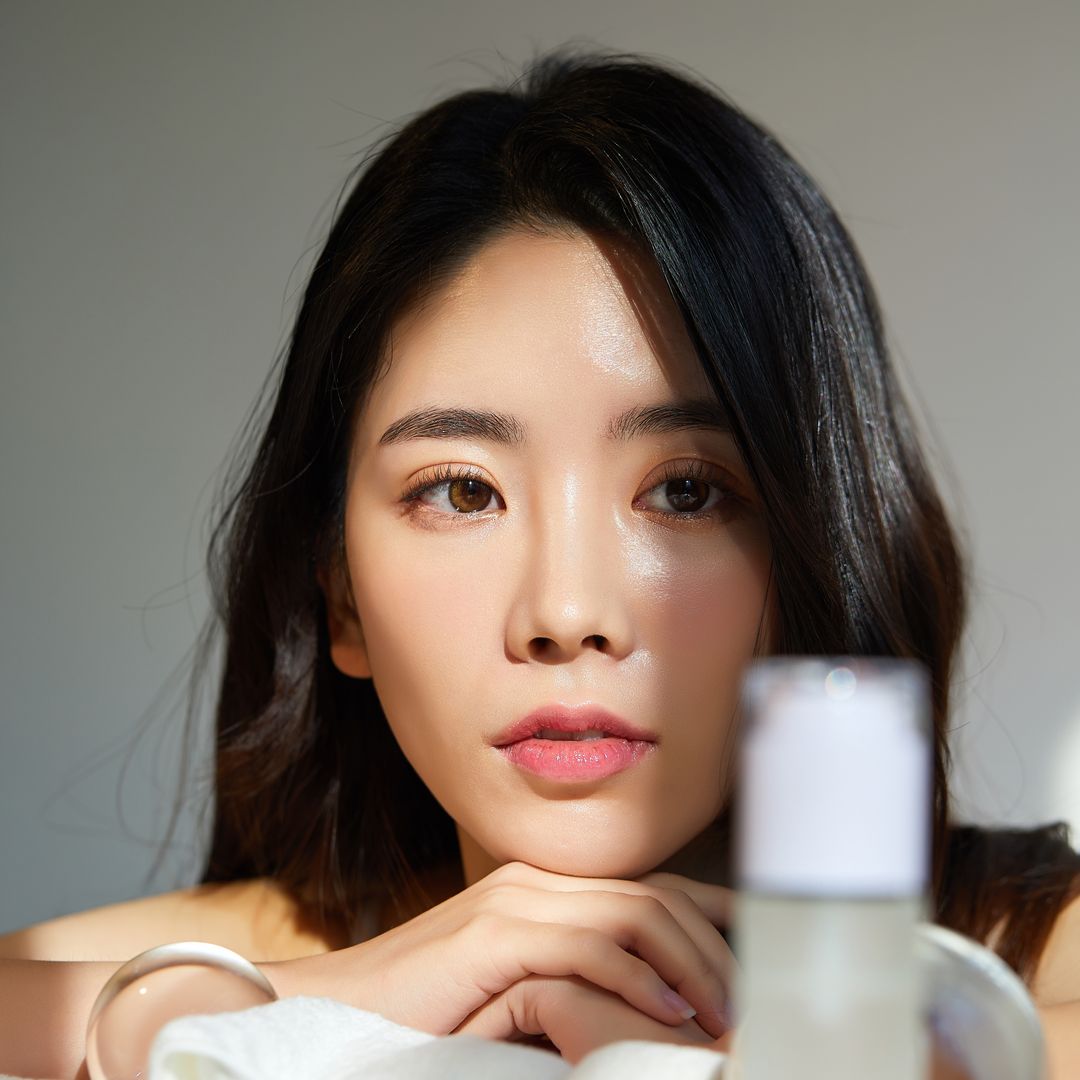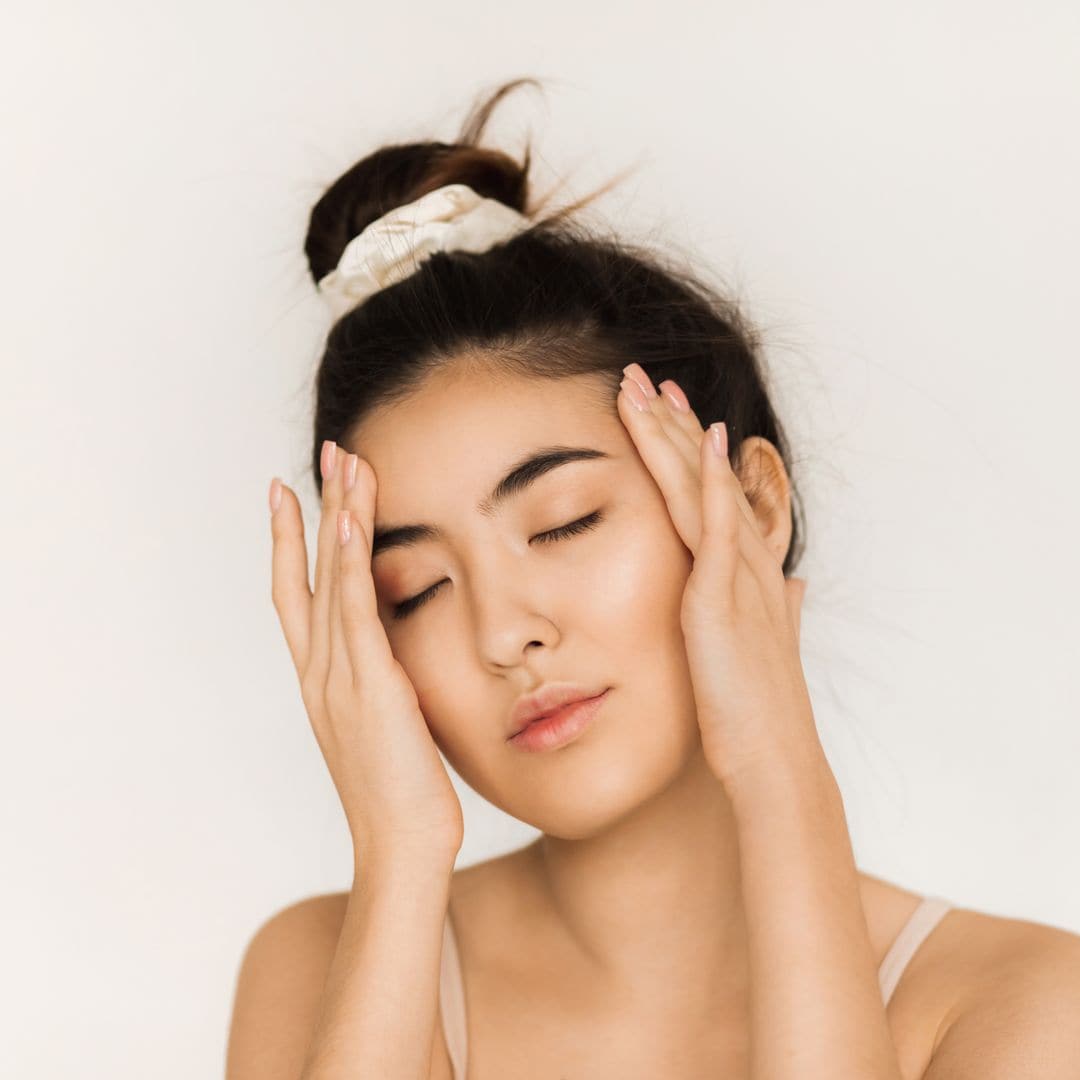Did you know that the same way your skin needs superior protection from the sun in the summer, the largest organ of the integumentary system also requires additional care in the fall and winter? Many people do not associate glowy skin with the colder temperatures; however, it is absolutely possible and necessary to have glowing and hydrated skin all year round. Not moisturizing your skin would have a terrible impact on it, while you would be able to keep it rejuvenated if you do. A healthy skin that looks smooth and soft is less prone to wrinkles, helps your body flush away toxins, and preserves nutrients.
Whether you suffer from pigment disorders or are experiencing dry and dull skin, there are ways you can fight back. Miami-based board-certified dermatologist, Dr. Alicia Barba , is committed to educating people on the importance of having healthy skin; therefore, she shared with HOLA! USA tips on how to create a habit that eventually would revive your skin.
Find below simple yet effective skincare tips from Dove Dermatologist and beauty expert Dr. Alicia Barba.
Keep up Your Daily SPF Habits
Even winter sun can have an impact on your skin. Many people of color tend to believe they’re invincible when it comes to the sun and need sun protection, but it’s essential to apply daily, especially if exposed. In general sunscreen application, all depends on what we do every day; if you’re truly indoors and there are no windows around you, then you’re probably okay with not wearing sunscreen that day. But if you’re outdoors, suffer from pigment disorders, and are at high risk for skin cancer, then I absolutely would be wearing sunscreen, especially on your face! Many people also think that if they are indoors, they don’t need to apply sunscreen but remember that UV light can come through and penetrate the skin if you’re near a window.
Moisturize The Day Away
With the increase in hand washing, using hand sanitizer, and wearing masks, many of us are already experiencing dry skin. Now, with the weather cooling down, the dryness will increase. On top of moisturizing the main parts of your body, you want to make sure you’re paying close attention to areas we don’t talk about enough, like your lips, hands, and underarms. For your underarms, I recommend using the newly formulated Dove Advanced Care Antiperspirant; it contains Dove’s signature 1/4 moisturizers infused with natural oils to care and hydrate your underarm skin while protecting you from sweat and odor for up to 48 hours.
Take your daily vitamins
As a dermatologist, I make people inherently vitamin D deficient because I tell you to stay out of the sun and wear sunscreen, so your natural vitamin D levels go down, which is why I supplement with vitamin D, which helps to boost your immune system, fight inflammatory symptoms of acne, and strengthen elastin while maintaining overall skin health. Antioxidants, for me, are also non-negotiable. It’s one of the four things that I think are necessary. Antioxidants like vitamin C, E, and D are essential to healthy skin. Serums are also great as it provides you with a luxurious way to deliver an active to the skin.
Let Sleep Be Your Happy Place
Sleep is key to maintaining skin health, which is why I recommend at least 7-8 hours per day. If you’re not sleeping enough, it can cause your skin to develop wrinkles, lose its elasticity, increase inflammation, leading to flare-ups in conditions like acne, psoriasis, and even eczema.
,type=downsize)

